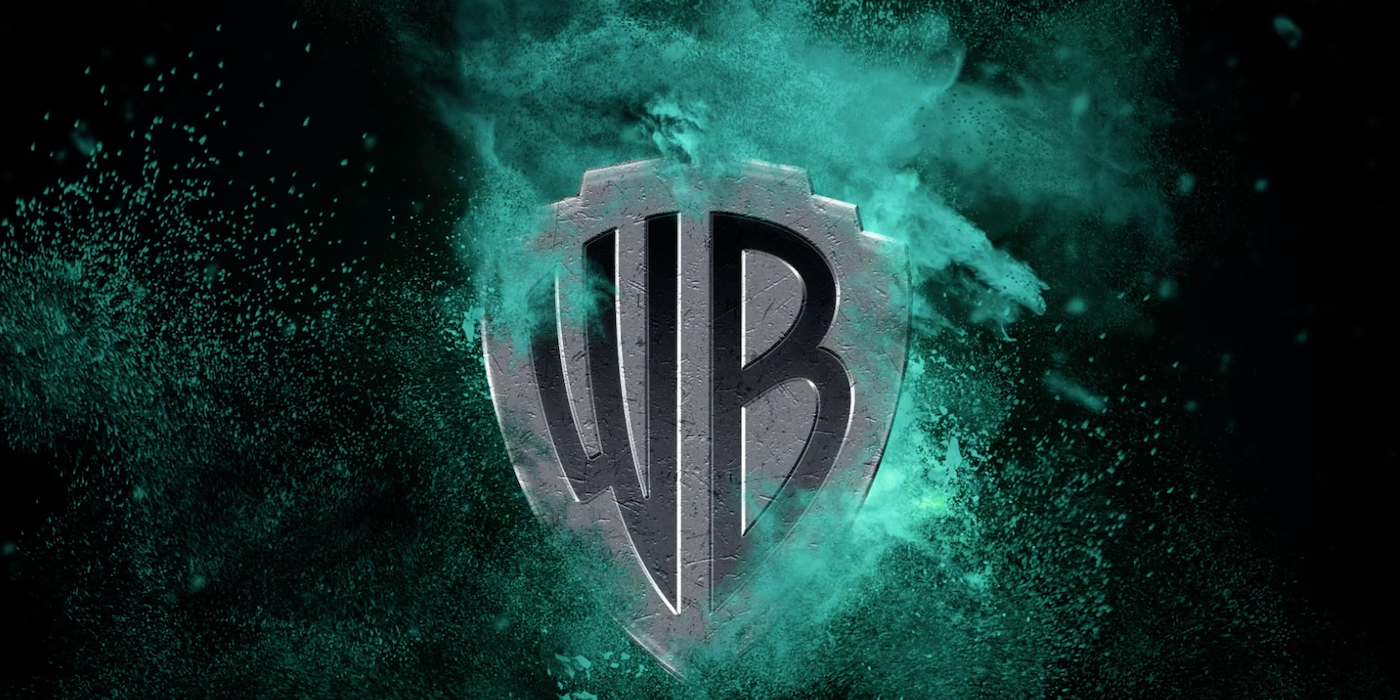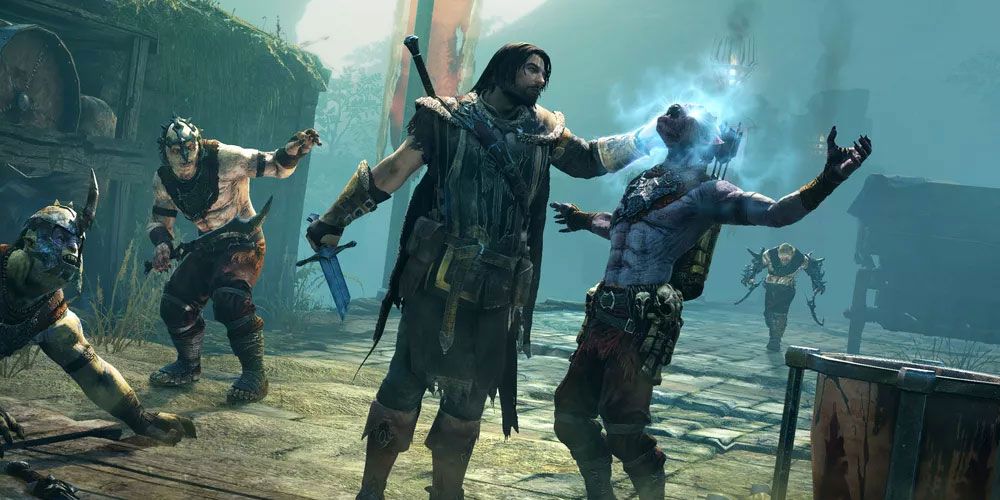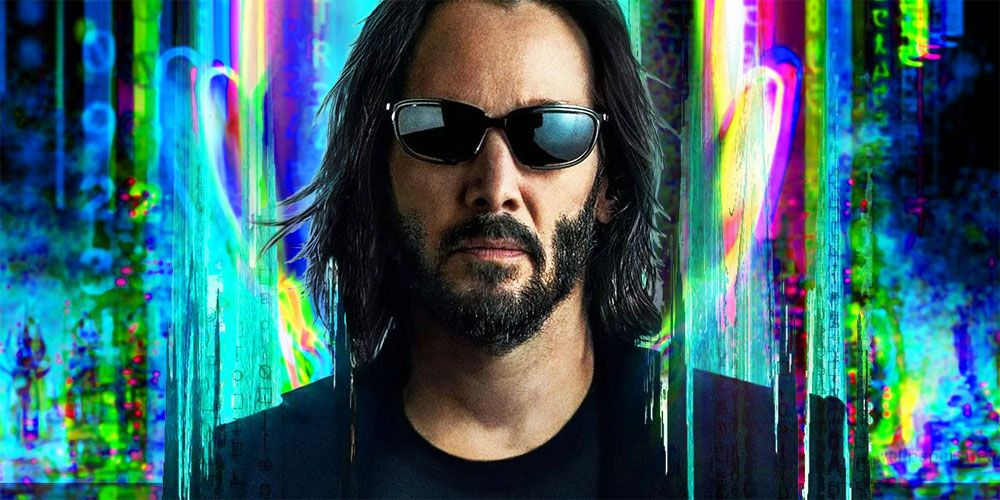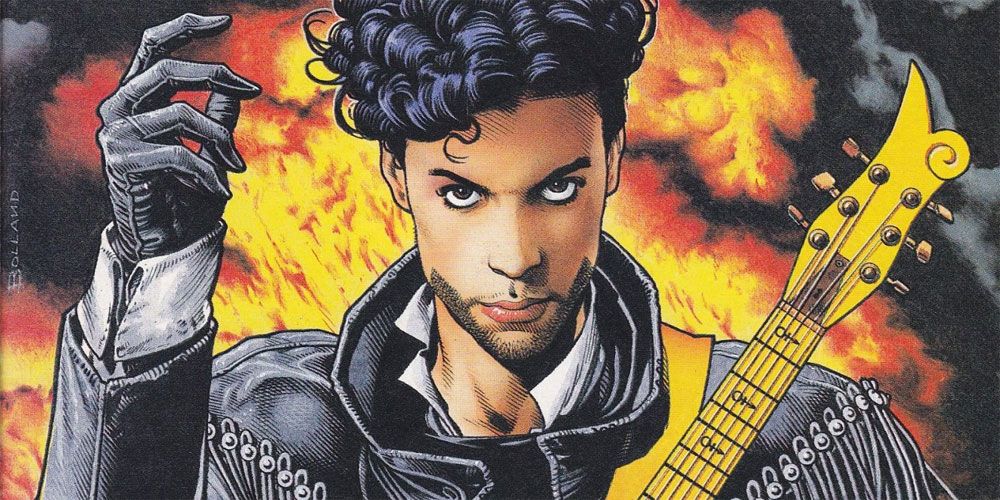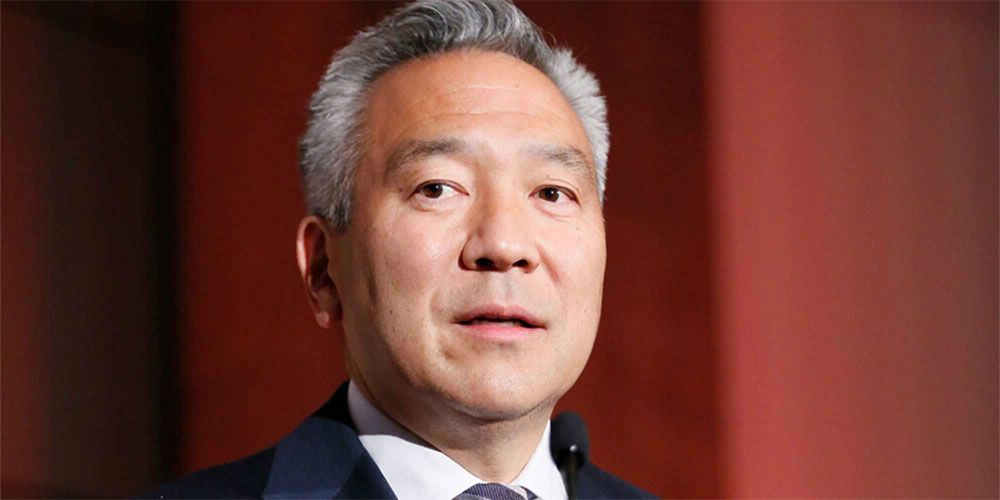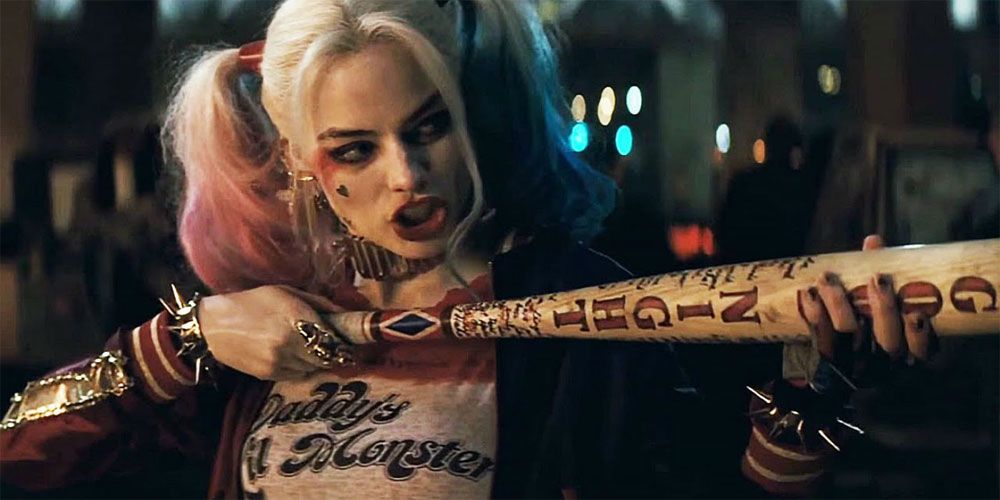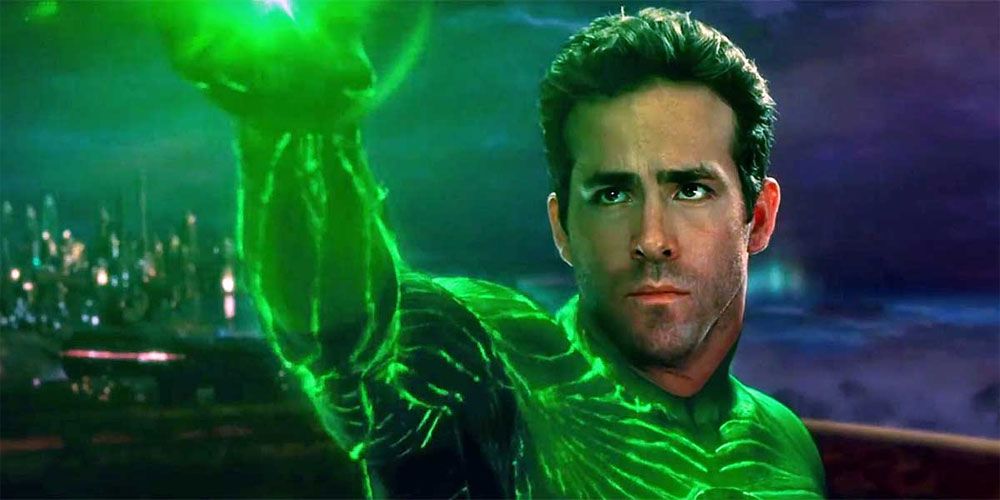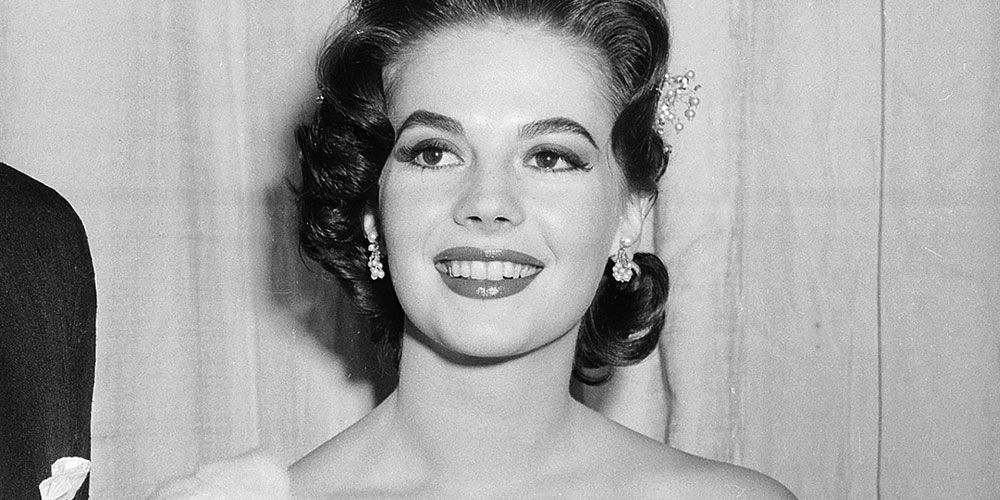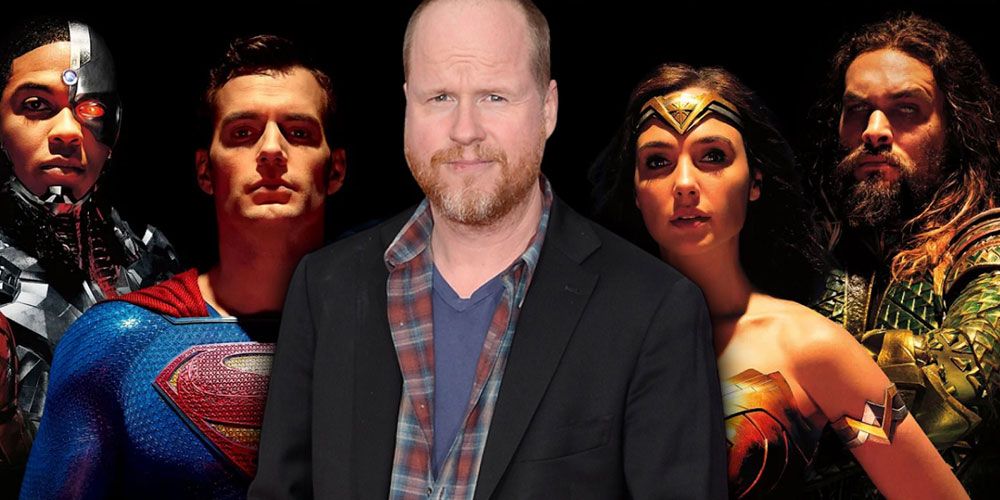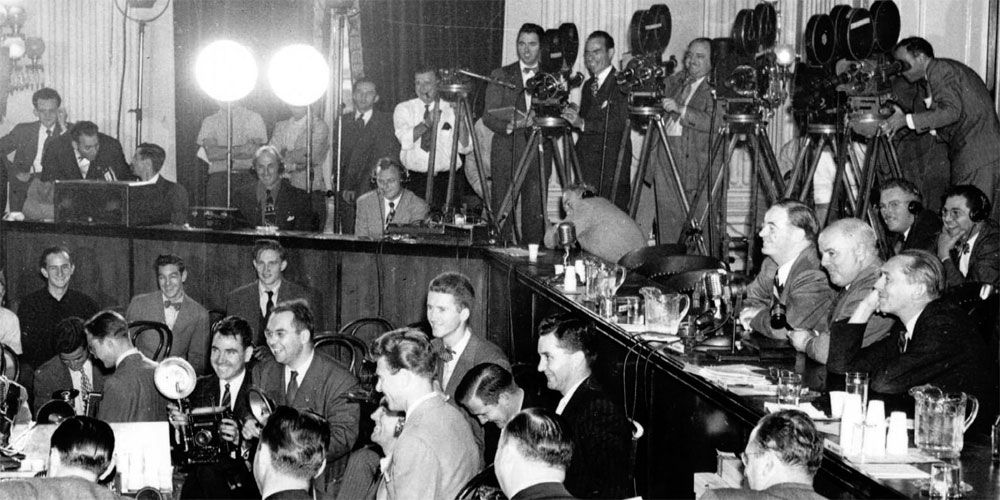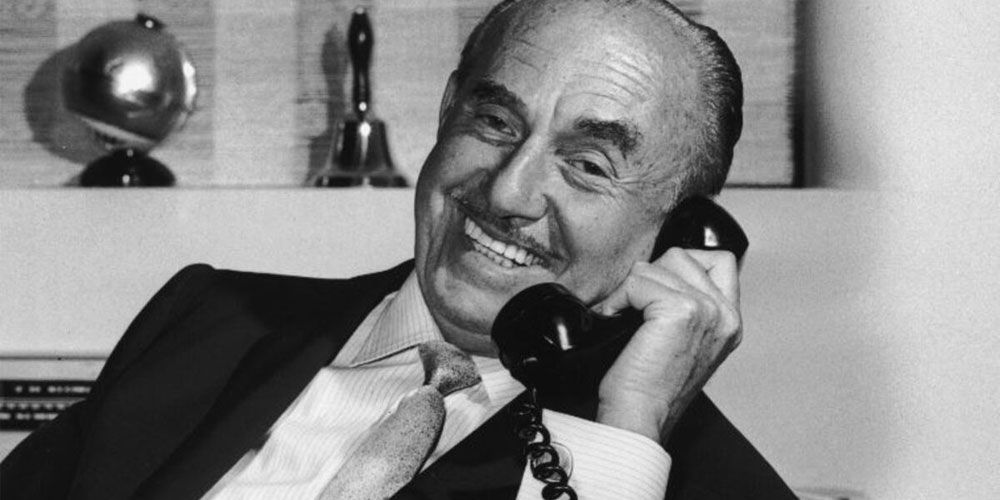Warner Bros. was formed by Harry, Abe, Sam, and Jack Warner in 1923. It quickly became one of the major movie studios, expanding into almost every area of the entertainment industry. Of course, almost a century in the entertainment industry ensures that mistakes have been made by the people in charge of some of the most well-known entertainment properties in existence.
Most fans know about the more recent failures from Warner Brothers, especially in regards to the DC Extended Universe. To be fair, lots of studios chased the dragon that Marvel created with their shared cinematic universe. Many of these mistakes from Warner Bros. come from before anyone thought of a universe of interconnected films.
10 Covertly Paying Online Influencers To Promote Middle Earth: Shadow of Mordor
In 2014, Warner Bros. launched a major advertising campaign to promote the video game Middle Earth: Shadow of Mordor. As part of this advertising campaign, Warner Bros.'s advertising agency enlisted online influencers to promote the game on YouTube. This wouldn't have been a problem if they had disclosed the payments.
Today, it's commonplace for YouTubers to disclose at the beginning of videos that there is a sponsored segment ahead, if not an entire video paid for by an advertiser. In 2016, the FTC reached a settlement with Warner Bros on the violation. To this day, Warner Bros. is required to tell influencers to prominently disclose paid promotional content in the future, and the FTC sent a message to other companies that they need to do the same.
9 Streaming Matrix: Resurrections Simultaneous To A Theatrical Release
In 2021, the Matrix franchise returned with Matrix: Resurrections. Most likely in response to the ongoing Covid-19 pandemic, Warner Bros. simultaneously released the film in theaters and online on HBO Max. Of course, helping to drive traffic to the relatively new platform didn't hurt.
Unfortunately, Warner Bros. didn't learn from Marvel Studios' problems with Black Widow. The production company Village Roadshow sued the studio for damaging the Matrix brand. Both companies continue to feud publicly through press statements that make further accusations.
8 Fighting A Legal Battle With Prince Over Control Of His Music
In 1994, Prince started a dispute with his record label Warner Bros. over control of his music. Warner was trying to limit how much Prince released, hoping not to flood the market. Prince wanted complete control over his creative process, including control over his master tapes, crucial to Prince's philosophy of how artists should control their art.
Prince changed his name to what came to be referred to as the love symbol, rushed out some albums to meet his contractual obligation to Warner Bros., putting out other work under his new name. He also wrote "slave" on his face to protest the demands the record label put on his creative process. In 2014, the two parties reached an agreement that gave Prince control of his past music catalog just two years before his death.
7 Initially Defending CEO Kevin Tsujihara Amid His Affair With A Young Actress
Wrapped up in the MeToo movement was an allegation against Warner Bros. CEO Kevin Tsujihara from a young actress named Charlotte Kirk. Tsujihara had a sexual relationship with Kirk and worked to pressure filmmakers to put her into various films. An initial investigation led to the studio standing by their CEO amid his denial of any wrongdoing.
A second investigation uncovered numerous text messages between Kirk and Tsujihara. The Hollywood Reporter also reported evidence that the relationship began in a way that could be construed as nonconsensual. Eventually, Tsujihara was forced to resign, but it didn't take away the stain from the studio initially standing by their chief executive.
6 Warner Bros. Reeditted Suicide Squad
David Ayer's Suicide Squad was plagued with problems. While things looked bleak for the rushed follow-up to Batman V. Superman, Warner Bros. had to feel good about the fan response to the first official trailer for the film, although they only released it following leaks from an exclusive airing at Comic-Con. Nevertheless, Warner Bros. hired Trailer Park, Inc, the production company behind the trailer, to re-edit the film.
What followed was a disjointed mess that few people involved felt good with. This was also another case of Warner Bros. chasing the success of another studio's film success, Deadpool. Nevertheless, the result was so unsatisfying, that James Gunn's The Suicide Squad was seen as more of a relaunch as opposed to a direct sequel.
5 Interfering With Green Lantern From The Start Of Casting
The 2011 Green Lantern film is the epitome of failed superhero movies. Star Ryan Reynolds has made a pastime of reminding everyone of how bad it was. Warner Bros. reportedly got in the way of a cohesive story after tasking Greg Berlanti to write the script. Martin Campbell was hired to direct, only to find himself undermined and ignored by executives.
Campbell wanted Bradley Cooper to play the titular hero, but the studio insisted on Ryan Reynolds. Berlanti's script was rewritten, which led to a disjointed story, especially with poor editing. At the end of production, the studio decided to make the film the 3D, taking Campbell out of the editing room. At least Ryan Reynolds met his wife Blake Lively on the film, so something good came from Green Lantern.
4 The Studio Treatment Of Natalie Wood
Natalie Wood was a successful child actor that rose to stardom with her role in Rebel Without A Cause and later, The Searchers. Warner Bros. would fail to protect the young actress as she grew up in Hollywood. At 16, she was pushed into an illegal relationship with a 42-year-old director as well as a relationship with a much older Frank Sinatra. Sadly, Wood would find herself the victim of a sexual assault at age 16, where she was lured by an audition for one of her screen idols, who remained unnamed because of studio power.
As an adult, she once refused to take a role and the studio suspended her for 18 months, keeping her from working for any other studio. She was also forced into a staged relationship with actor Robert Wagner, which blossomed into a real romance and marriage, ending when Wagner cheated on her. The two would reconcile later in life. Wood would eventually buy out her Warner Bros. contract after suffering emotional trauma and seeking therapy.
3 Hiring Joss Whedon To Finish Justice League
The 2017 film Justice League was plagued with problems. After the poor critical reception of Batman v. Superman, reports came out of the studio pushing director Zack Snyder to lighten the tone of the film. The pivotal moment came after principal filming ended. Snyder's daughter died and the director left to deal with the loss. Warner Bros. hired Joss Whedon to handle reshoots and post-production.
In 2020, Ray Fisher, who played Cyborg, claimed that Whedon was abusive during reshoots. Others came forward claiming Whedon's unprofessional conduct went back to his days shooting Buffy the Vampire Slayer. Others, including Jason Momoa and Gal Gadot, would back up Fisher's comments.
2 Jack Warner Gave Names To The HUAC.
The Red Scare of the 1950s is a blot on the history of the United States. Numerous lives were destroyed by the House Un-American Activities Committee before the hearings ended. Nowhere was the damage dealt so publicly like it was in Hollywood.
Warners Bros. studio head Jack Warner gave friendly testimony to the committee. He was fiercely patriotic, lending the studio's weight behind Allied Efforts in World War II. When called before the HUAC, he provided the names of screenwriters that had been suspected of being Communist sympathizers.
1 Jack Warner's Takeover Of The Studio From His Brothers.
The Warner Brothers formed the studio. The oldest, Sam died in 1927, leaving Jack in control of production. He was known to be ruthless in his methods. Nowhere was this more pronounced than in his 1956 takeover of the company.
When the three surviving brothers put Warner Bros. on the market, Jack secretly put together a group to buy control of the studio. After decades of arguing with their brother, Harry and Al Warner resolved to never speak to him again.

